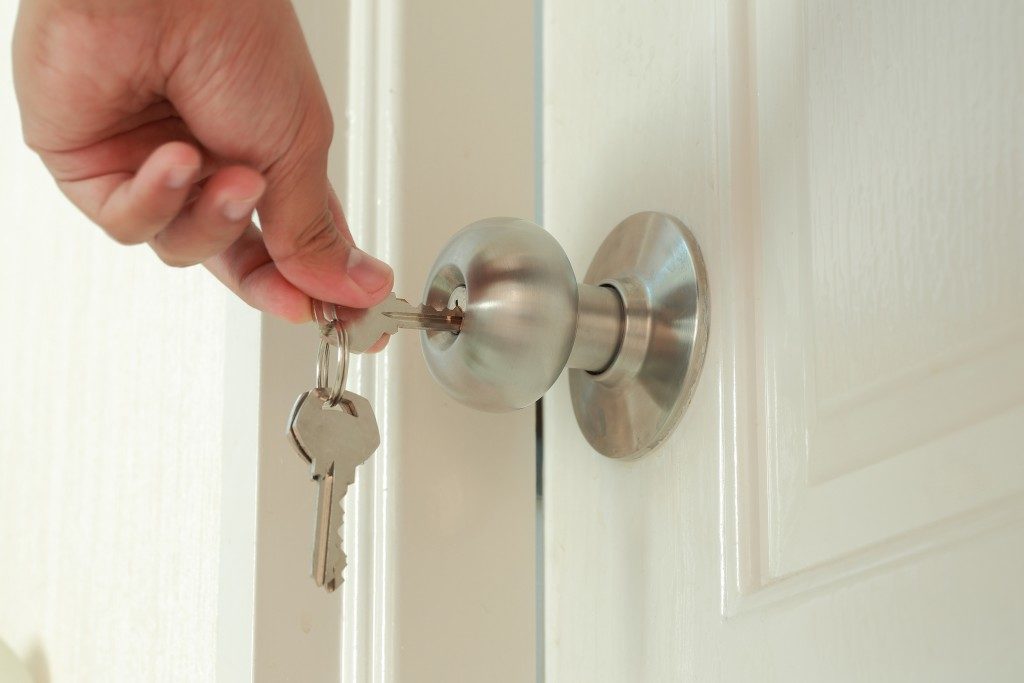Have you ever thought of cleaning your door locks?
Door locks are essential to the security of a property. Wherever you live — in London or Vietnam — these pieces of architectural ironmongery ensure that only you can enter your property, thus minimising the risk of break-ins.
Homeowners want their locks to last for a long time, so they search for quality locks that can work for years. However, some people take their locks for granted, and they often overlook their maintenance.
The following tips help you properly maintain your door locks:
Make it a Habit to Clean Your Locks
Door locks are subject to a number of elements throughout any given day, and this means they are prone to collecting dirt, dust and grime. If locks are not cleaned often, the accumulation of dirt will cause the lock to seize up or stick.
Make it a point to clean your locks once every few months by spraying lubricants in the keyway or cleaning the body of the lock using a gentle washcloth. You can also wipe down door locks with mild detergent on a damp rag.
Use the Right Lubricants for Your Door Locks
In some cases, homeowners have the right idea about taking care of their locks, but they carry it out the wrong way. For example, using the wrong lubricant in the keyway of the lock can damage the key and block the keyway. As such, you may very well end up with a broken lock, and you might have to spend money to change locks.
Locksmiths suggest using graphite lubricants for door locks, as they don’t attract dust and dirt. Spray a small amount into the keyway, run the key in and out of the lock then wipe away any debris. Lubricate your locks this way at least once a year.
Avoid Using Unnecessary Force
Door locks are strong, but they are also prone to damage. Make sure you are not applying unnecessary force on your locks as you use them; avoid banging on the lock with solid items or slamming the door closed. These small, seemingly innocuous, actions tend to build upon each other and eventually damage the lock beyond repair.
Ensure Your Door is Properly Installed

A lock works correctly only if the door is properly installed. When a door sags, it puts huge pressure on the lock’s bolt or latch, leading to a failure that could lock you in or out of the house. Make sure that the door is hung properly and that it is clean and free of debris.
Have a Duplicate Key
Keys tend to wear first before the lock does, so reserve one of the original keys to use when creating duplicates. Once a key starts to show signs of wear, replace it. This allows you to get inside your house even if you misplaced or lost the original keys.
Caring for your door lock ensures longevity, saving you the inconvenience of your lock breaking down and the cost of buying a replacement. These simple maintenance tips will help you take care of your locks and better maintain them.

